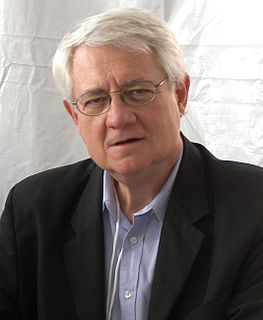A Quote by Steven Pinker
Space and force pervade language. Many cognitive scientists (including me) have concluded from their research on language that a handful of concepts about places, paths, motions, agency, and causation underlie the literal or figurative meanings of tens of thousands of words and constructions, not only in English but in every other language that has been studied.
Related Quotes
It has not been definitively proved that the language of words is the best possible language. And it seems that on the stage, which is above all a space to fill and a place where something happens, the language of words may have to give way before a language of signs whose objective aspect is the one that has the most immediate impact upon us.
I have a funny relationship to language. When I came to California when I was three I spoke Urdu fluently and I didn't speak a word of English. Within a few months I lost all my Urdu and spoke only English and then I learned Urdu all over again when I was nine. Urdu is my first language but it's not as good as my English and it's sort of become my third language. English is my best language but was the second language I learned.
We believe we can also show that words do not have exactly the same psychic "weight" depending on whether they belong to the language of reverie or to the language of daylight life-to rested language or language under surveillance-to the language of natural poetry or to the language hammered out by authoritarian prosodies.
The United States, a land of immigrants from every corner of the world, has been strengthened and unified because its newcomers have historically chosen ultimately to forgo their native language for the English language. We have all benefited from the sharing of ideas, of cultures and beliefs, made possible by a common language. We have all enriched each other.
I'm German! Actually, I love my countr, ;I love the language. The German language is very special because it is so precise. There is a word for everything. There are so many wonderful words that other languages don't have. It is impressive to have such a rich language, and I love to work in that language.
James Joyce's English was based on the rhythm of the Irish language. He wrote things that shocked English language speakers but he was thinking in Gaelic. I've sung songs that if they were in English, would have been banned too. The psyche of the Irish language is completely different to the English-speaking world.





































